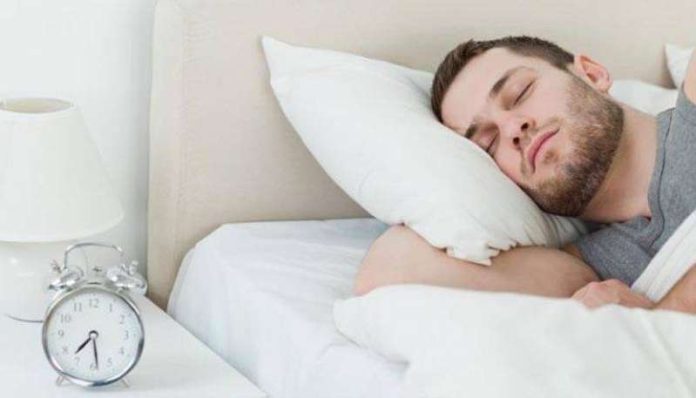A new scientific study suggested that humans may need to sleep for longer hours during the cold winter months.
The study, published in the journal Frontiers in Neuroscience, found that people sleep more in the winter (rapid eye movement). However, REM sleep, which is directly linked to the biological clock and is affected by changing light, was 30 minutes longer in the winter than in summer, reports Al-Rai daily.
The study noted that even in urban areas, people with a sleep disorder experienced longer REM sleep during the colder months. To reach the results of their study, the study team of scientists examined about 292 patients who underwent sleep studies, which is called “polysomnography”.
Patients with a sleep disorder were asked to sleep normally inside a special laboratory without an alarm clock to wake them up, with the aim of monitoring the quality and type of sleep, as well as the length of sleep.
After excluding people taking medications that affect sleep, technical errors, and those who may have skipped the first stage of rapid eye movement, 188 patients remained in the study.
Regarding the results of the study, its author, Dr. Dieter Kunz, said: “Seasonality is present everywhere in any organism on this planet. Although we still perform without changing during the winter, human physiology is subject to low regulation, with a feeling (running in a vacuum) during the months of February or March.”

















